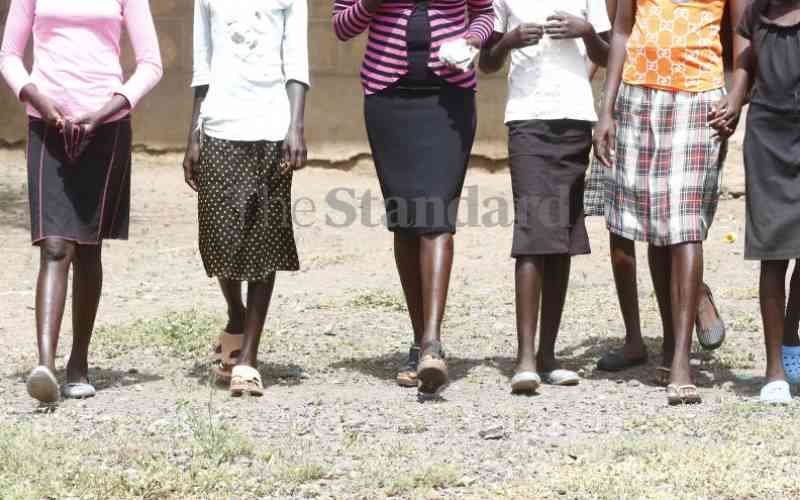×
The Standard e-Paper
Home To Bold Columnists

Kenya joins the global community today to mark yet another International Day of the Girl Child to celebrate her rights and recognise the unique challenges girls face.